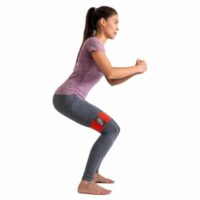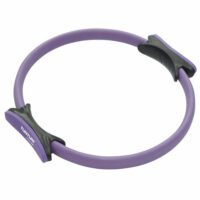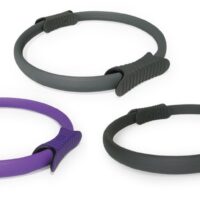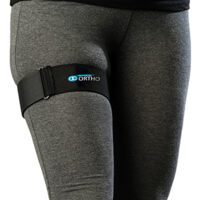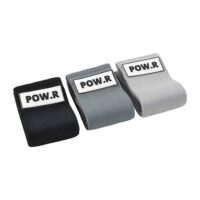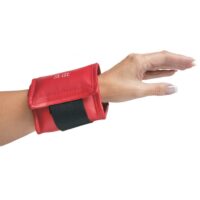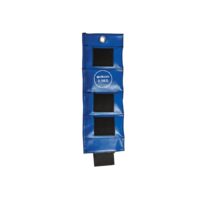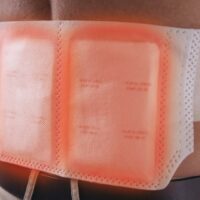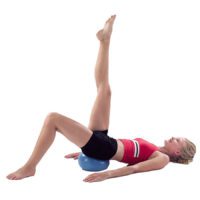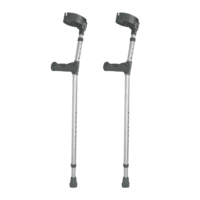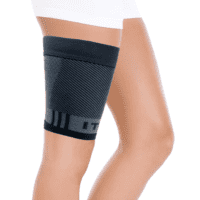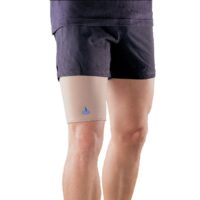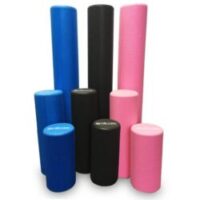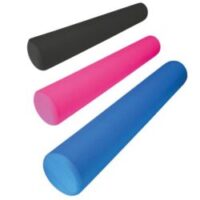Hip Adductor Tendinopathy
Article by John Miller

Treating Hip Adductor Tendinopathy
Hip adductor tendinopathy, often marked by groin pain, is a condition where the tendons in the hip area become inflamed or begin to degenerate. As physiotherapists, we often encounter this in individuals who perform extensive lateral movements. This guide discusses the causes, symptoms, and the latest treatments for this condition.
Understanding Hip Adductor Tendinopathy
The hip’s adductor muscles, such as the pectineus, adductor brevis, and adductor longus, are essential for movement and stability. These muscles help to bring the legs together and stabilise the hip joint. The inflammation or degeneration of these tendons typically arises from overuse or previous injuries like groin strains.
Identifying the Symptoms
Groin pain, especially near the top of the adductor muscles that radiates down the leg, often indicates hip adductor tendinopathy. This discomfort intensifies during activities such as running or resisting hip flexion.
Diagnosis and Advanced Treatments
Physiotherapists play a critical role in diagnosing this condition through detailed examinations and possibly using ultrasound or MRI scans. Treatment approaches include rest, ice, physiotherapy, anti-inflammatory medications, massage, and specific exercises. Emerging therapies such as platelet-rich plasma injections may also be an option. In extreme cases, surgery might be considered.
Phases of Tendinopathy
- Reactive Tendinopathy: The initial response involving minor tendon damage, leading to pain and inflammation.
- Tendon Dysrepair: The injury rate surpasses the repair rate, degrading tissue quality.
- Degenerative Tendinopathy: Tendon cells die, and tissue quality significantly diminishes.
- Tendon Tear or Rupture: The final stage where the tendon might need surgical repair.
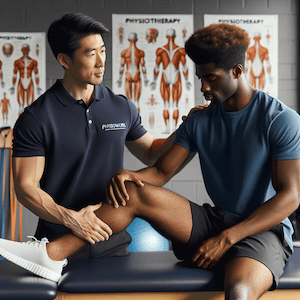
Frequently Asked Questions
- How long does adductor tendinopathy last? The duration can vary but typically resolves with proper treatment within a few weeks to months.
- Can you run with adductor tendinopathy? Running is not advised as it can aggravate the condition. Focus on low-impact exercises during recovery.
- How do you relieve adductor tendinopathy pain? Rest, ice, and physiotherapy exercises are effective. Pain relief medications can also be used under guidance. A groin strap can often allow any earlier return to sport.
- What does adductor tendonitis feel like? It often presents as a sharp or burning pain in the groin area that can worsen with movement.
- What is the pain pattern of tendinopathy? Pain usually increases with activity and eases with rest.
- Why do adductors get so sore? Overuse or strain on these muscles during physical activities can lead to soreness.
- How do you rehab adductor tendinopathy? A regimen of stretching, strengthening exercises, and possibly manual therapy under a physiotherapist’s supervision.
- How do you sleep with adductor tendonitis? Sleeping with a pillow between the thighs can help reduce tension on the adductors.
- What is the difference between adductor strain and tendinopathy? A strain is a muscle injury, whereas tendinopathy is an over load or degeneration of the tendon itself.
- Is walking good for adductor tendinopathy? Moderate walking is beneficial if it doesn’t cause pain.
- How can I speed up my adductor strain recovery? Rest, ice, compression, and elevation (RICE) are effective, along with gradually progressed exercise program under the guidance of a physiotherapist.
Conclusion
Hip adductor tendinopathy can significantly affect your mobility and quality of life, but with the right approach, recovery is very achievable. Prioritise your health and consult with a physiotherapist at the onset of symptoms.
What to Do?
If you think you have hip adductor tendinopathy, seeing a physiotherapist or doctor is crucial. They will develop a personalised treatment plan to help you recover efficiently.
Rochedale - Call 38410277
Book Online: RochedaleSalisbury - Call 32751044
Book Online: SalisburySandgate - Call 32691122
Book Online: SandgateRelated Articles
- Hip & Groin Pain Guide: This page provides an overview of common causes of hip and groin pain, including trochanteric bursitis, various types of groin pain (adductor-related, osteitis pubis, iliopsoas-related), and other muscle strains.
- Hip Flexor Injuries: Focuses on hip flexor injuries, often leading to groin pain.
- Groin Pain Management: Provides physiotherapist advice on managing groin pain, emphasising the role of muscle control in recovery and prevention.
- Hip Labral Tear: Explains the causes, symptoms, and treatment options for labral tears in the hip joint.
- Groin Strains and Tears – Discover how related groin injuries can escalate to conditions like hip adductor tendinopathy.
- The Role of Physiotherapy in Treating Hip Pain – Learn about the comprehensive approaches physiotherapists use to alleviate hip pain.
- The Importance of Early Intervention in Tendinopathy – Read about the benefits of seeking early treatment to enhance recovery outcomes.
- Managing Chronic Hip Pain: Tips and Strategies – Learn strategies for managing long-term hip pain and improving quality of life.






